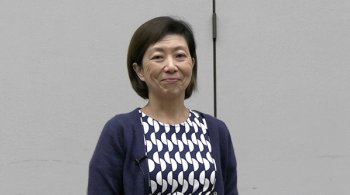
The sleep medicine specialist at the University of California, San Francisco provided perspective on some of the innovative therapeutic strategies in development for patients with obstructive sleep apnea. [WATCH TIME: 5 minutes]

The sleep medicine specialist at the University of California, San Francisco provided perspective on some of the innovative therapeutic strategies in development for patients with obstructive sleep apnea. [WATCH TIME: 5 minutes]

A recent study demonstrated no significant difference in sleep efficiency between pediatric patients with epilepsy who used self-help strategies for sleep aids and those who did not.

Here's some of what is coming soon to NeurologyLive® this week.

A recent study presented at SLEEP 2024 showed that depression in patients with isolated REM sleep behavior disorder significantly increased the risk of conversion to neurodegenerative diseases.

Those on low-sodium oxybate, regardless of psychiatric comorbidity status, outperformed placebo on a number of outcomes, including Epworth Sleepiness Scale and weekly cataplexy attacks.

A majority of the small cohort of patients with SMA did not need a polysomnogram at 1 year because respiratory pathology was not a concern, attributable to improvements from disease-modifying therapies.
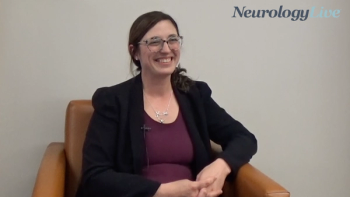
The assistant professor of neurology in the Perelman School of Medicine at University of Pennsylvania talked about her presentation at CMSC 2024 on the complex interactions of immune cells in multiple sclerosis. [WATCH TIME: 6 minutes]

After 5 weeks of open-label treatment, KP1077-treated patients showed mild adverse events that were typical for a central nervous system stimulant.
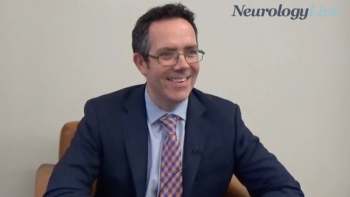
The professor of neurology at Mayo Clinic talked about how MOG antibody-associated disease can be diagnosed through specific antibody tests, highlighting its distinct clinical and MRI features. [WATCH TIME: 4 minutes]

Test your neurology knowledge with NeurologyLive®'s weekly quiz series, featuring questions on a variety of clinical and historical neurology topics. This week's topic is on amyotrophic lateral sclerosis (ALS).
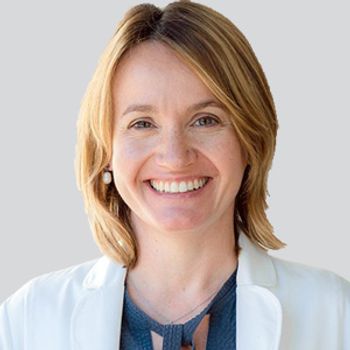
Study establishes protocols for ublituximab use in breastfeeding patients with MS, enhancing treatment decision-making.

The phase 3 trials are expected to assess the therapeutic potential of frexalimab dosed every 4 weeks in both patients with relapsing MS and non-relapsing secondary progressive MS.

Known for his expertise in stem cell transplantation, Cleveland Clinic researcher Jeffrey Cohen, MD, shifted gears to discuss other cell-based therapies in his Whitaker Lecture at the CMSC Annual Meeting.
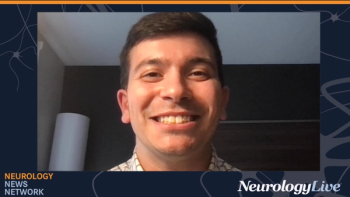
Neurology News Network for the week ending June 1, 2024. [WATCH TIME: 4 minutes]

CMSC speakers discussed how AI technologies, for better or worse, are beginning to shape the management of MS.
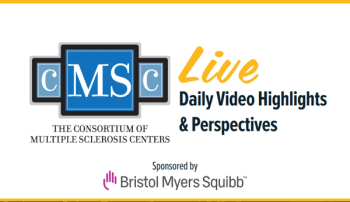
Host Jeffrey Wilken, PhD, chats with Marijean Buhse, PhD, RN, NP-C, MSCN; Amy Sullivan, PsyD, ABPP; and John DeLuca, PhD, ABPP, FACRM, FAPA, FAPS, FNAN, about the third day of the 2024 CMSC Annual Meeting in Nashville, Tennessee.
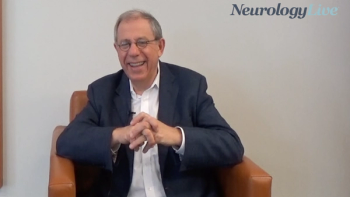
The professor of psychiatry at the University of Toronto discussed the various medications for multiple sclerosis fatigue that have been tested but ultimately fail to outperform placebo. [WATCH TIME: 4 minutes]

Take 5 minutes to catch up on NeurologyLive®'s highlights from the week ending May 31, 2024.

The professor of neurology in the department of medicine, surgery, and neuroscience at the University of Siena, gave perspective on an analysis of the MAGNIFY-MS study, in which treatment with cladribine demonstrated impacts on CNS-related pathology in MS. [WATCH TIME: 4 minutes]

Florida-based neurologist Donal Negroski, MD, presents data from an aging MS patient population looking for treatment options under Medicare.

Fred Lublin, MD, the CMSC Presidential Lecture speaker, offers updated views on how to define MS clinical progression.

In comparison with adults on ocrelizumab, pediatric patients experienced no clinical relapses and a safety profile that was similar to what was previously observed.

A recent survey reported a high prevalence of burnout among physicians treating patients with multiple sclerosis, highlighting long work hours as one of the key factors.

Mind Moments®, a podcast from NeurologyLive®, brings you an interview with Katherine Peters, PhD. [LISTEN TIME: 13 minutes]

Host Jeffrey Wilken, PhD, chats with Fred Lublin, MD; Brian Hutchinson, PT, MSCS; and Robert Motl, PhD, about the second day of the 2024 CMSC Annual Meeting in Nashville, Tennessee.
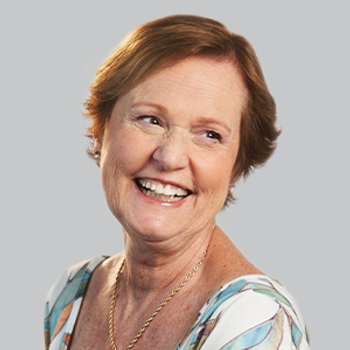
Crystal, a patient living with chronic inflammatory demyelinating polyneuropathy and one of the faces of the Shining Through CIDP awareness campaign, discussed the diagnostic challenges associated with the rare disease.

Within a subgroup of those older than 50 years, most patients who switched to cladribine were relapse free at follow-up, with no new safety signals observed.

The clinical research director of the UCSF Multiple Sclerosis Center talked about results from clinical trials assessing BTK inhibitors in relapsing multiple sclerosis and the ongoing research to explore more effective treatments. [WATCH TIME: 5 minutes]

MS does not carry an increased risk of high-risk pregnancy, but many clinicians are unclear about best practices for managing these patients.

CMSC Kurtzke Lecturer Darin Okuda, MD, demonstrates innovative ways to rethink MRI use in MS.